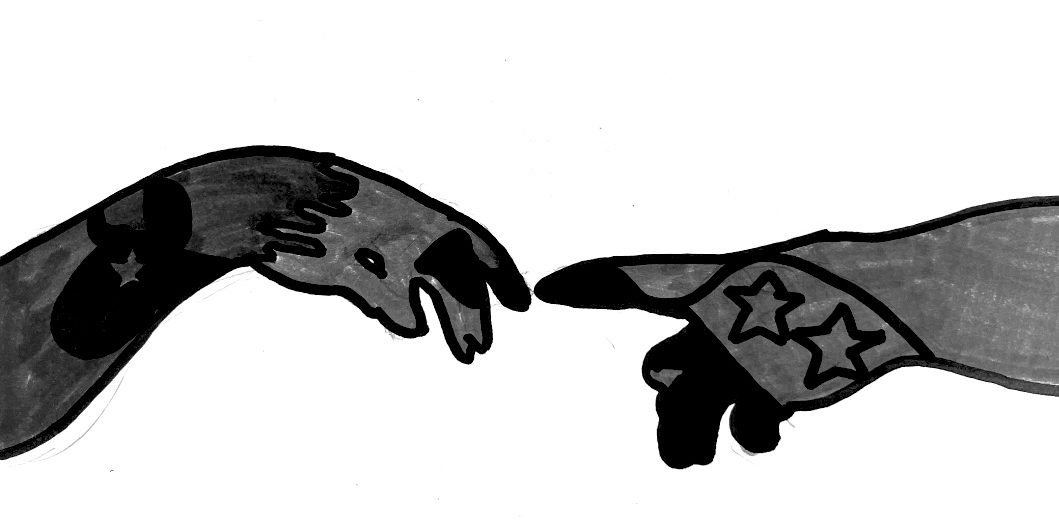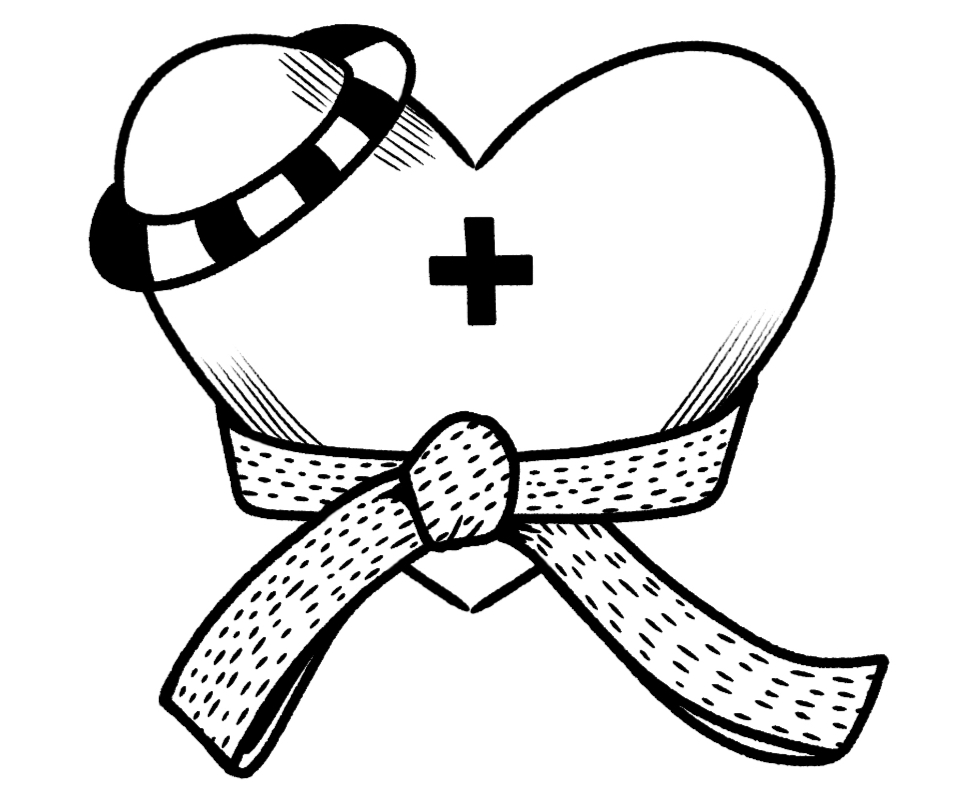“I’m going to have 9 million death threats and whatnot,” said American tennis player Shelby Rogers to CNN. “At this point in my career, I’d say I’m used to it.”
Intimidating messages and mistreatment of athletes by fans has long been a part of the game; however, with the rise of online sports betting and social media, harassment has only skyrocketed. With such an online presence from fans, death threats can start at the highest sport leagues and now trickle all the way down to high school players. With athletes, such as Rogers being quoted saying the threats are ‘just part of the game now,’ sports fans must learn to recognize the difference between the game and the athlete: mistakes on the field should come without punishment, especially not those enforced by enraged fans.
High school senior and all-star wide receiver Demetrius Bell, from Tennessee, experienced the differing types of harassment athletes can endure at a young age. He told Die Hard Sport that when he announced his decommitment from the University of Michigan for football in 2022, he recalled suddenly being bombarded by pressuring messages, many of which threatened death. Michigan fans were upset he was no longer going to play for their team and quickly resorted to intimidation.

Sadly, harassment has started to target younger athletes, leaving kids like Bell grimly afraid over what should be considered a fun game.
Unfortunately, the harassment doesn’t stop at just threats. In the 1994 World Cup, Colombian player Andres Escobar experienced this reality when threats escalated from words to actions. Ten days after Escobar accidentally scored an own goal in the World Cup, leading to Colombia’s elimination from the Cup, a fan decided to take matters into their own hands, shooting and killing Escobar outside of a nightclub in Colombia. An innocent athlete, who was simply trying to represent his country through his lifelong passion for soccer, was killed by someone who considered themselves a fan, all because of one mistake made on the field. Because this was nearly 30 years ago, it’s evident that threats are not something new and continue to be a part of athletes’ everyday lives. Escobar’s death should be a warning for us today.
Misconduct continues to spill over, not only to the athletes on the field, but anyone associated with the sport. For instance, the Federal Bureau of Investigation revealed that the National Football League (NFL)’s Dallas Cowboys cheerleaders’ plane had been the target of a bomb threat by an upset fan who didn’t agree with some of the decisions made by the Dallas Cowboys’ head coach. We see mistreatment across all sports, and these are just two of the thousands of threats that have been directed towards associates of athletes. Thus, it’s time for fans to reflect on their behavior so a more positive environment can be created.
To improve the atmosphere in which fans interact with players, supporters should be conscious of their behavior on social media. Social media has allowed fans to get an inside look at athletes’ lives and, additionally, the Direct Message (DM) feature on most social media platforms enables fans to loudly voice their opinions directly to players. Having such a direct line of communication only encourages harassment, as fans can easily hide behind anonymous accounts and completely disregard the human beyond the screen.
Even more alarming, the rise of social media has fostered a new popular activity: sports betting. A large part of sports culture is gambling, whether it be with friends or with a bookmaker, more commonly known as a bookie, an organization or person that accepts or pays off sports bets. Many fans take part in betting activities across a variety of leagues; this competitive activity can be seen as a major factor leading to the threats. According to Globe NewsWire, “The global sports betting market was valued at $74.2 billion in 2021 and is expected to reach $129.3 billion by 2028.” When money is at stake, the pressure from fans for athletes to perform well can become unbearable.
Marquez Valdes-Scantling, a Kansas city Chiefs wide receiver has fallen victim to sports bettors harassment, “When you get fans hounding you, saying, ‘You lost me the game because you didn’t get this [number] of points,’ or ‘I lost out on money because of you,’ that’s when it becomes really annoying,” he says. “It’s not about the sport anymore. It’s about the finances you’re making off me.” Valdes-Scantling said.
In the Redwood community, it is very common to see people of all ages and backgrounds participating in sports betting. Whether that be a Fantasy Football league, March Madness bracket or any other sport event, it is very prevalent in many lives and, with the majority of Redwood being active on social media with access to athletes, it is important we learn how to respect them.
The harassment that athletes endure has become deeply embedded into the sport culture, so it is vital that fans treat them with the same sportsmanship off the field as those on the field treat each other. Think before you might send a DM or post online, and take the time to understand that athletes are hard working individuals who are constantly in the spotlight due to their profession. It is important as viewers and fans that we continue to remember that underneath the jersey, athletes are just as human as the rest of us.












